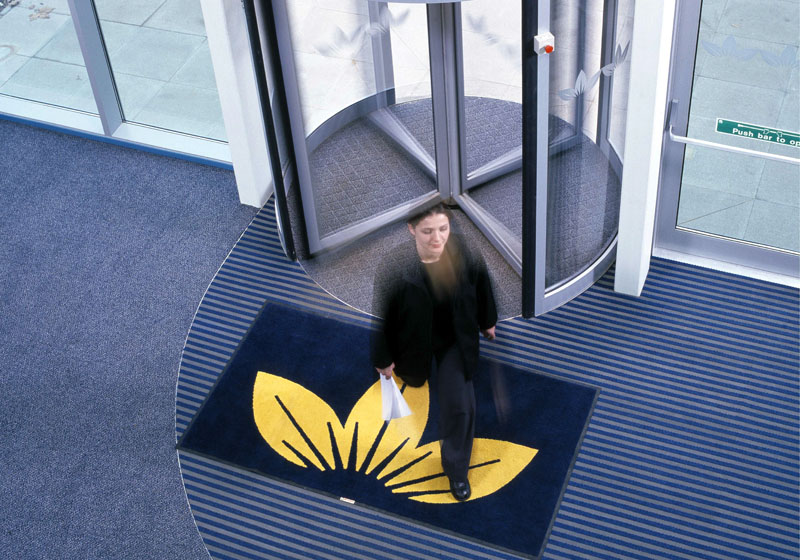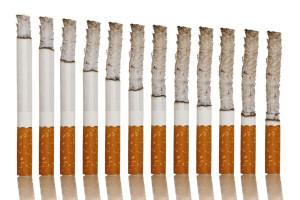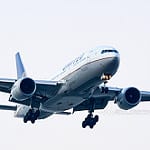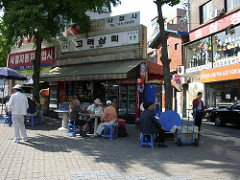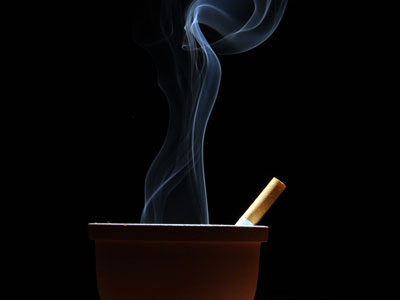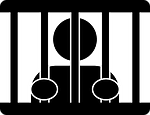KT&G rolled out its heat-not-burn (HNB) device at a press conference in Seoul yesterday and, in doing so, became the third tobacco manufacturer after Philip Morris Korea (PMK) and British American Tobacco Korea (BATK) to launch such products in South Korea, according to a story in The Korea Herald.
Competition in the HNB market sector is expected to heat up as Korea’s largest cigarette manufacturer enters the sector offering lil at a lower price than those of its two rivals.
Lil will sell at retail for 95,000 won ($85). However, customers can apply through KT&G’s website for discount coupons that will bring the price down to 68,000 won at GS25 convenience stores.
The discounted lil price is lower than that of PMK’s iQOS, whose discounted price is 97,000 won and BATK’s glo, whose discounted price is 70,000 won.
KT&G has said also that the company is unlikely to increase HNB stick prices even if the government increases the taxes on them.
“The company is currently not considering price hikes on its tobacco sticks,” said Lim Wang-seop, chief of KT&G’s innovative product department.
“KT&G will go through discussions and watch the market if the government decides to raise taxes on the sticks. But the company could just keep the current price as a measure to become more aggressive in the market.”
Each pack of tobacco sticks used with KT&G’s device is priced at 4,300 won, the same price as that of the other HNB sticks. PMI and BAT have each previously said that they might raise the prices of their sticks if the National Assembly increases taxes.
Meanwhile, the legislation and judiciary committee of the National Assembly on Monday passed a proposal to raise the excise tax on HNB products to a level equal to 90 percent of the tax levied on conventional cigarettes. If the bill passes the floor this month, each 20-piece pack of HNB sticks will be taxed at 529 won, up from the current 126 won.
Further, the tax for HNB sticks could increase to 1,250 won when bills aimed at increasing the Health Promotion Fund tax and local education tax are also passed at the National Assembly.
KT&G will start taking orders for lil between November 13 and 16 at GS25 convenience stores in Seoul, and begin commercial sales on November 20, the company said.
It planned to focus firstly on the domestic market but would come up with plans for selling lil on overseas markets.



